Swiss plan to produce sustainable food supply
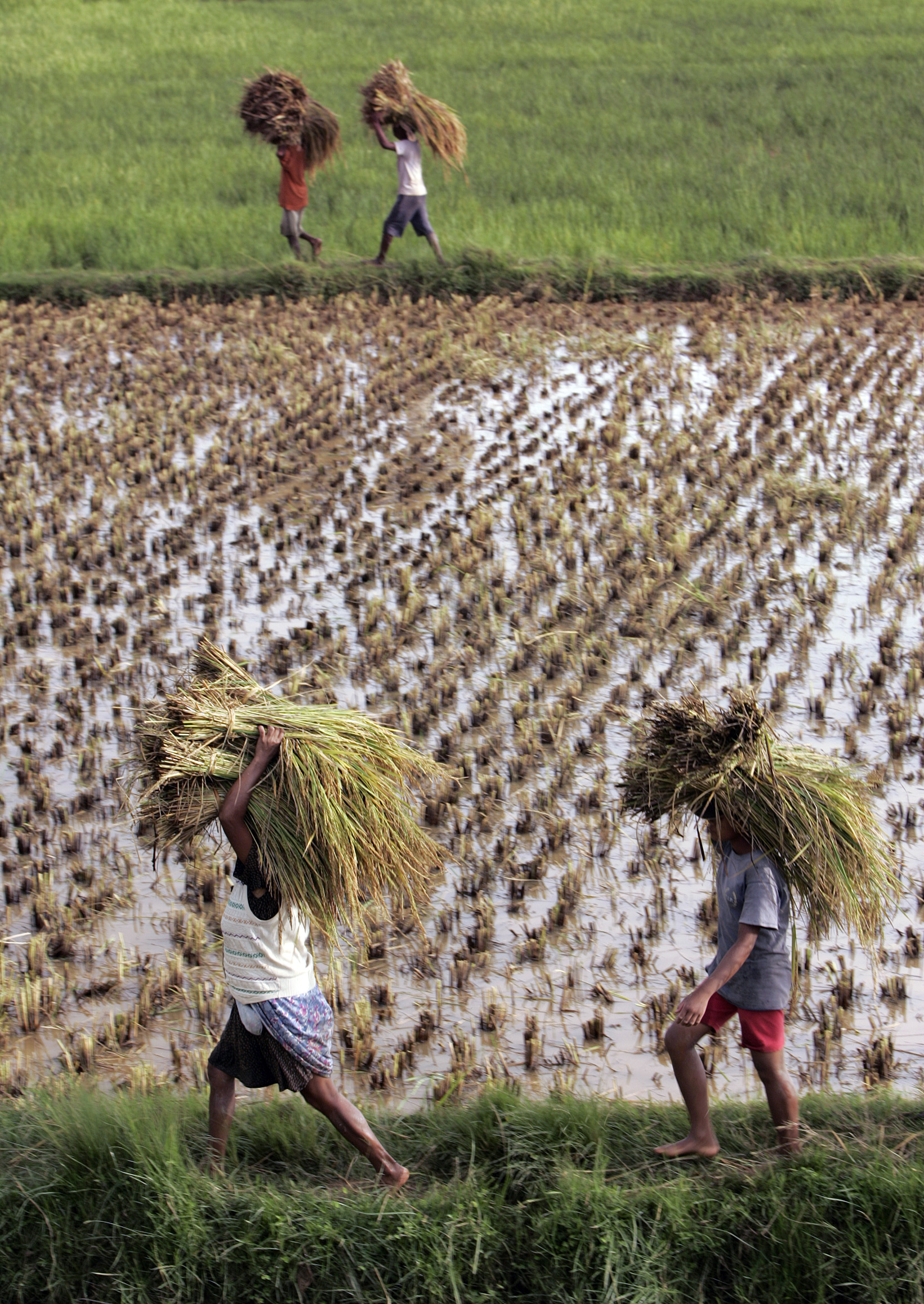
Switzerland will continue efforts to improve food security and defeat hunger around the world, although it remains a “Herculean task”.
That is how Micheline Calmy-Rey, the Swiss foreign minister, described the need to feed the nine to ten billion people projected to populate the planet by 2050.
She was speaking during an annual development aid conference held in Basel that centred on the theme, “From seed in the soil to food on the plate: paths to a sustainable global food system”.
“Hunger has not decreased worldwide—rather the opposite,” she told the media just before the opening of the Annual Development Cooperation Conference that brought together some 2,100 participants on Friday.
More than one billion people suffer from hunger and malnutrition and the reasons are just as large, the foreign minister said: climate change, war, loss of agricultural land and speculation on commodity prices, to name just a few.
France and Finland
“We’re still very far from food security,” she added. But Switzerland is among the countries that are investing heavily in this field, along with France and Finland, she noted.
According to Martin Dahinden, director of the Swiss Agency for Development and Cooperation (SDC), Switzerland is one of the few countries not to have reduced its agricultural aid to developing countries in recent years, with around SFr200 million ($194 million) spent annually.
This amount represents one per cent of total development assistance to southern countries, Dahinden said, adding that such help can only work “within a multilateral framework”.
The total development assistance given by Switzerland totals between SFr1.2 billion to SFr1.3 billion, according to Jean-Daniel Gerber, director of the State Secretariat for Economic Affairs (Seco), which provides one quarter of the assistance. The rest comes from the SDC.
Success in the ground
The Swiss are committed on several fronts, Gerber said.
“It is not only about increasing productivity through modern methods and facilities, but also to advance the creation of value in supporting trade through access to credit and better storage options, including private ones, for example,” Gerber said.
Swiss authorities estimate they have already helped hundreds of thousands of small farmers around the world. One success: Scientists helped develop a hardy potato that grows well in the harsh climate of Mongolia. As a result, revenues there are up 30 per cent for some families.
“But these families are again being threatened,” Dahinden said. “The lack of drinking water and climate change have again made their situation worse.”
“Partial Contradiction”
Following international guidelines, Switzerland is committed to multifunctional agriculture and a sustainable global food system. According to Gerber, voluntary sustainability standards increase the chances of producers finding a market for their products.
Seco officials recognise a “partial contradiction” since the Swiss work to support agriculture in developing nations while remaining one of the most agriculturally protectionist countries in the world. “We will be called on to make concessions,” Gerber said.
But Switzerland is also a major exporter of agricultural products. In addition, it is a world leader in consuming fair-trade products per capita, with each person spending about SFr35 a year on the goods.
Nevertheless, agricultural fair trade “represents less than 0.1 per cent of physical trade of agricultural products in the world,” Seco says in an excerpt of an article from the magazine, Economic Life. “It cannot serve as a standard.”
Hope
One note of hope at the conference came from Ousseini Salifou, commissioner for agriculture, environment and water resources for the Economic Community of East African States (Ecowas).
“Twelve of the fifteen countries that make up the Community have established detailed action plans,” he said.
The purpose of this “unifying framework for all agriculture initiatives” is to reduce dependence on global markets, he said.
“Agriculture employs 65 per cent of the workforce, but poverty affects more than 30 per cent of our people,” said the commissioner, originally from Niger.
“We can hope,” he insisted, because just ten per cent of the irrigable land is currently developed. He called on Switzerland to sign a pact on financing regional agricultural policy in West Africa, adopted in 2009.
“We have huge margins of untapped productivity,” he said.
Ariane Gigon in Basel, swissinfo.ch (Translated from French by Tim Neville)
More than a billion people suffer from hunger around the globe: that means one person in six.
About 80% of those undernourished are small farmers, rural workers, breeders and fishermen. The remainder are city dwellers.
The first of the Millennium goals was to halve the number of undernourished people by 2015. It will probably not be achieved everywhere.
Support for agriculture has, however, suffered a sharp decline, falling from 17% of total development aid in 1983 to 3% in 2007. This means less than $4 billion (SFr4.2 billion).
The Swiss Agency for Development and Cooperation (SDC) in 2009 provided SFr221 million in agricultural aid. It was split up as follows:
SFr108 million for bilateral measures (SDC projects, support for aid organisations).
SFr55 million for multilateral development organisations.
SFr45 million for the World Food Programme.
SFr13 million for multilateral international agricultural research.

In compliance with the JTI standards
More: SWI swissinfo.ch certified by the Journalism Trust Initiative
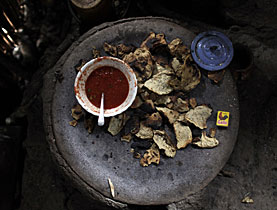
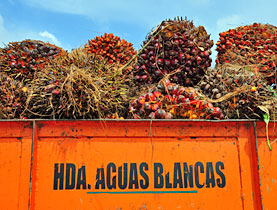
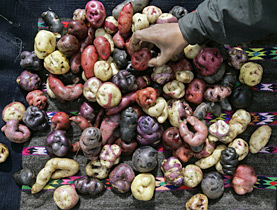
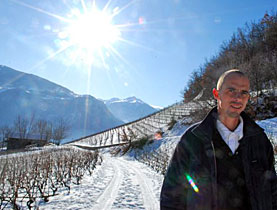

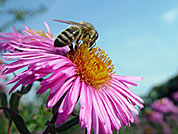
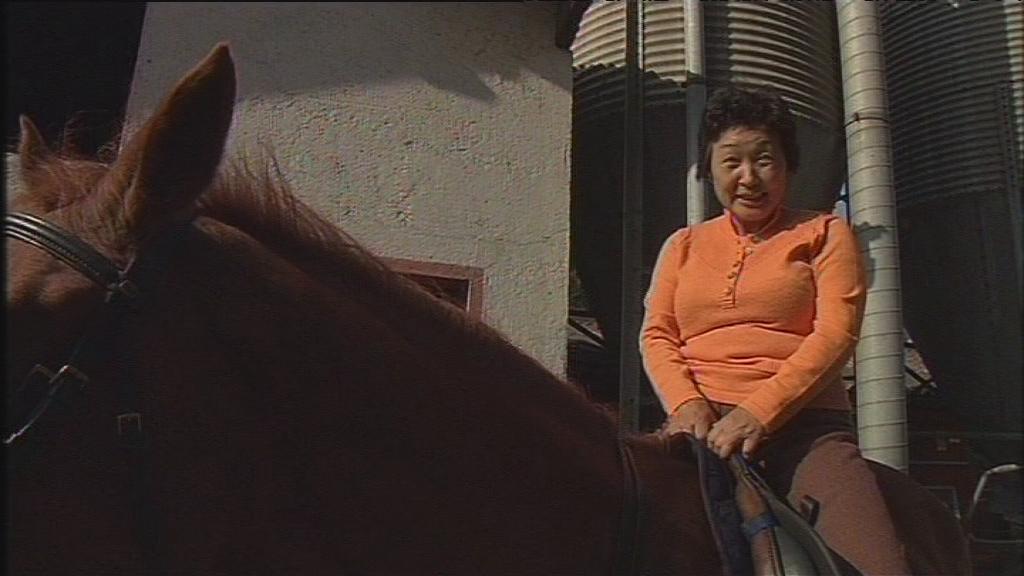
You can find an overview of ongoing debates with our journalists here. Please join us!
If you want to start a conversation about a topic raised in this article or want to report factual errors, email us at english@swissinfo.ch.